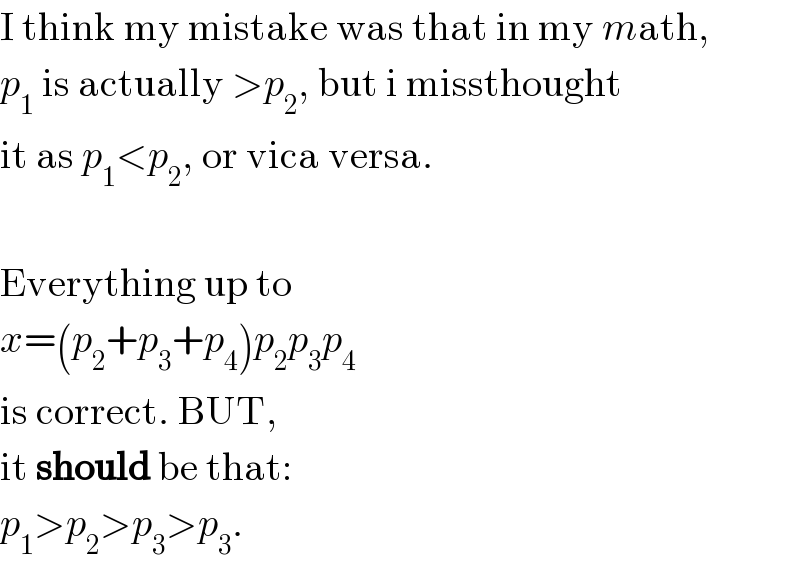Question Number 9025 by Rasheed Soomro last updated on 15/Nov/16
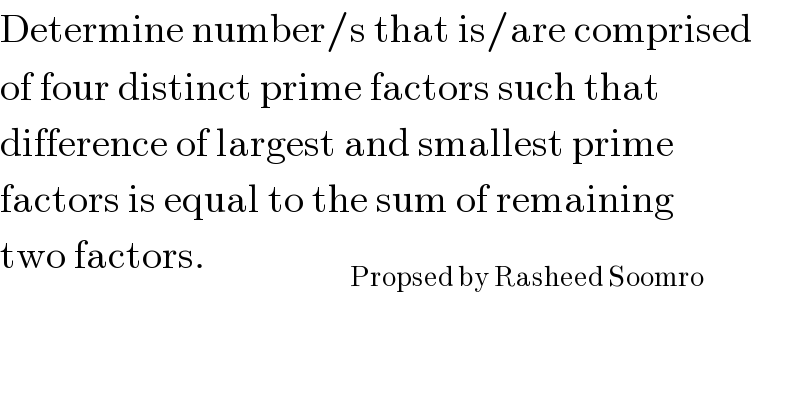
Commented by FilupSmith last updated on 15/Nov/16
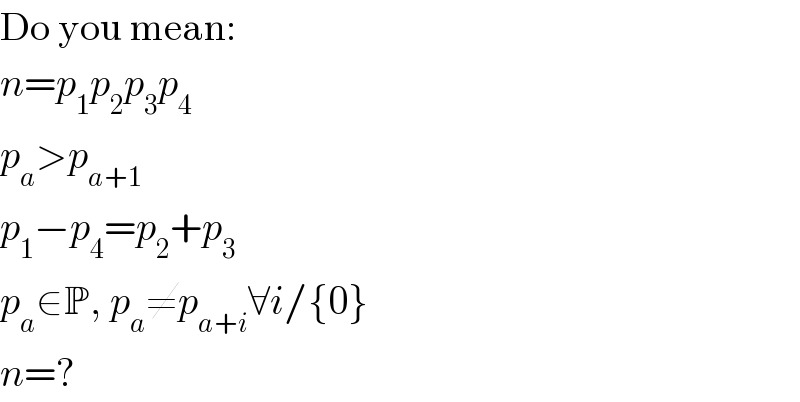
Commented by Rasheed Soomro last updated on 16/Nov/16

Commented by FilupSmith last updated on 16/Nov/16
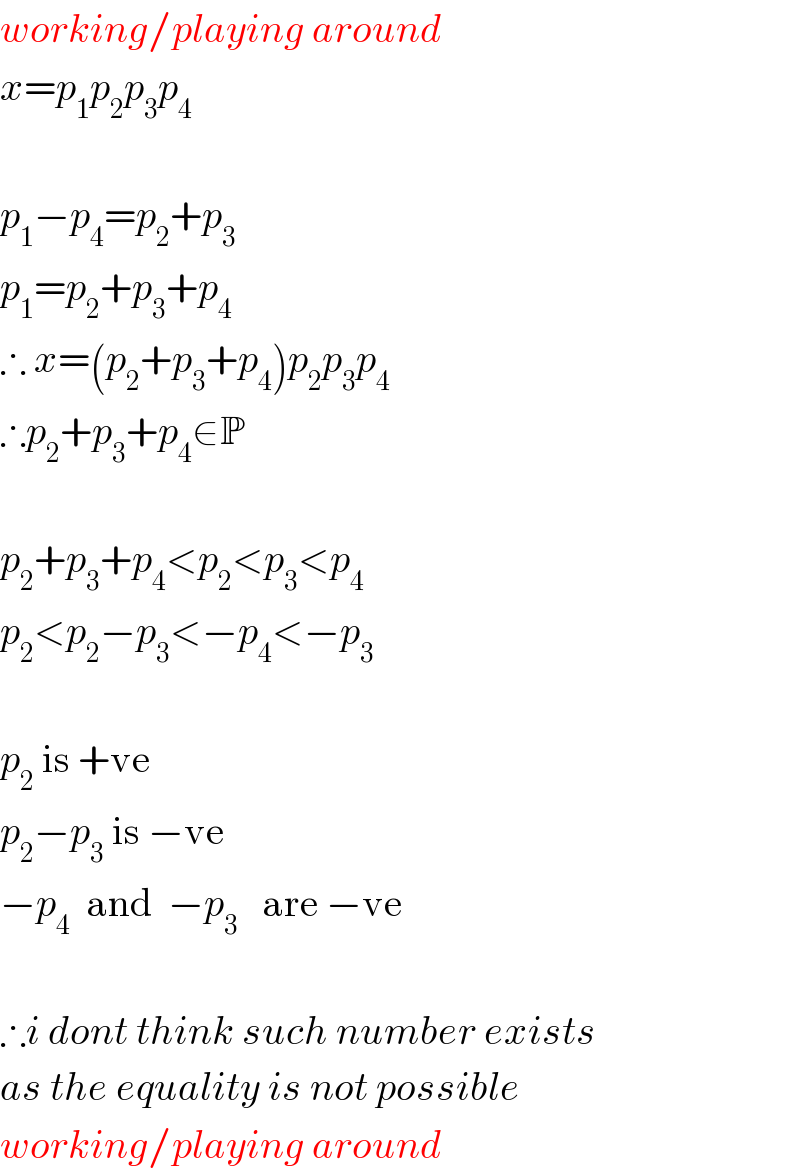
Commented by mrW last updated on 16/Nov/16
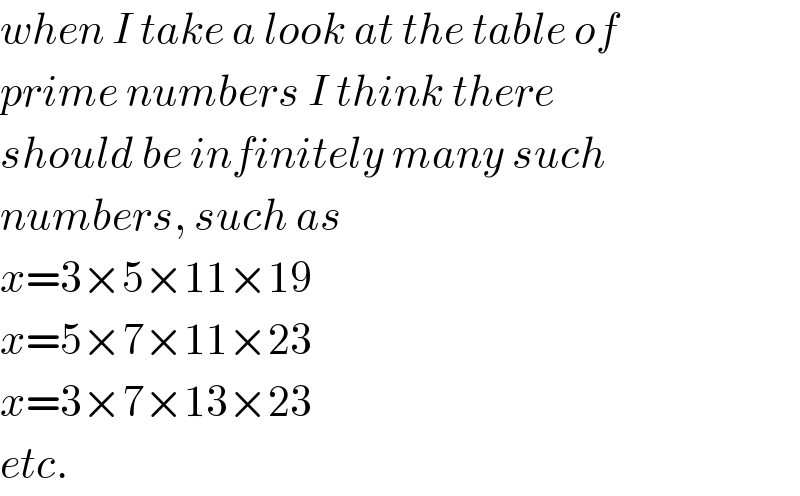
Commented by Rasheed Soomro last updated on 16/Nov/16
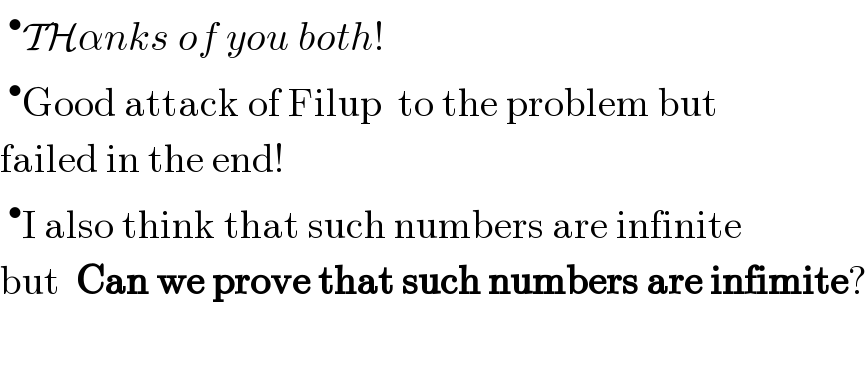
Commented by FilupSmith last updated on 16/Nov/16

Commented by FilupSmith last updated on 16/Nov/16
